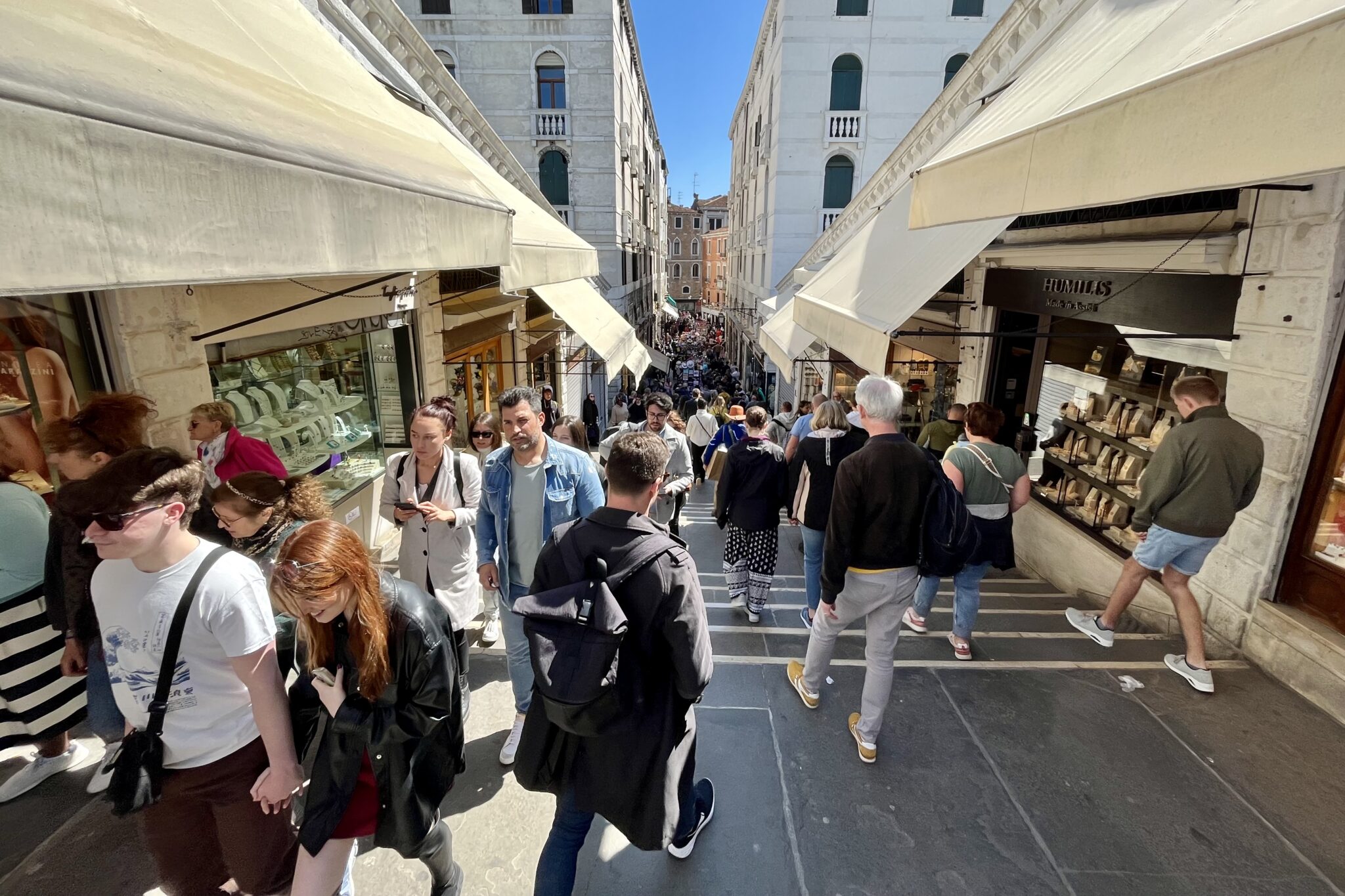Junk Fees Win, Spirit Goes Upmarket and Venice Bans Groups

Skift Take

Skift Daily Briefing Podcast
Listen to the day’s top travel stories in under four minutes every weekday.Good morning from Skift. It’s Wednesday, July 31, and here’s what you need to know about the business of travel today.
Listen Now
🎧 Subscribe
Apple Podcasts | Spotify | YouTube | RSS
Episode Notes
A U.S. appeals court has struck down the Department of Transportation’s rule mandating airlines disclose all fees upfront, pending a full review, writes Airlines Reporter Meghna Maharishi.
A three-judge panel said the rule likely exceeds the department’s authority and would significantly harm airlines. The case will be heard during the next available oral argument panel. The Department of Transportation released a final rule in April requiring airlines disclose “junk fees” associated with purchasing airline tickets, including those for baggage and changes to reservations.
Trade group Airlines for America — along with several prominent airlines — filed a lawsuit against the department in May, arguing the junk fee rule was a regulatory overreach that would cause confusion for customers. The DOT said it will continue defending the rule.
Next, Spirit Airlines is targeting premium-focused passengers as part of its effort to return to profitability, writes Airlines Editor Gordon Smith.
Spirit revealed four fare classes on Tuesday that CEO Ted Christie said represented a “new era” for the company. ‘Go Big’ — Spirit’s new top-tier option — includes perks such as priority check-in and boarding as well as complimentary onboard Wi-Fi. The changes at Spirit come shortly after Southwest Airlines announced moves to target premium travelers.
Spirit has had a rough start to 2024. A federal judge blocked its proposed merger with JetBlue, and business models at U.S. low-cost airlines have come under pressure due to overcapacity and rising costs.
We end today with a look at Venice’s efforts to manage visitor numbers. The city is banning group tours of more than 25 people starting August 1, writes Global Tourism Reporter Dawit Habtemariam.
Tour guides will also be banned from using loudspeakers on the streets. In addition, group tours will not be allowed to park their vehicles on bridges. Habtemariam notes those restrictions aim to deter overcrowding, reduce noise pollution and make it easier for pedestrians to get around the city. Deputy Mayor Simone Venturini said the city banned loudspeakers because it’s not “a theme park.”
Venice authorities also have plans to introduce new restrictions on short-term rentals in September.





